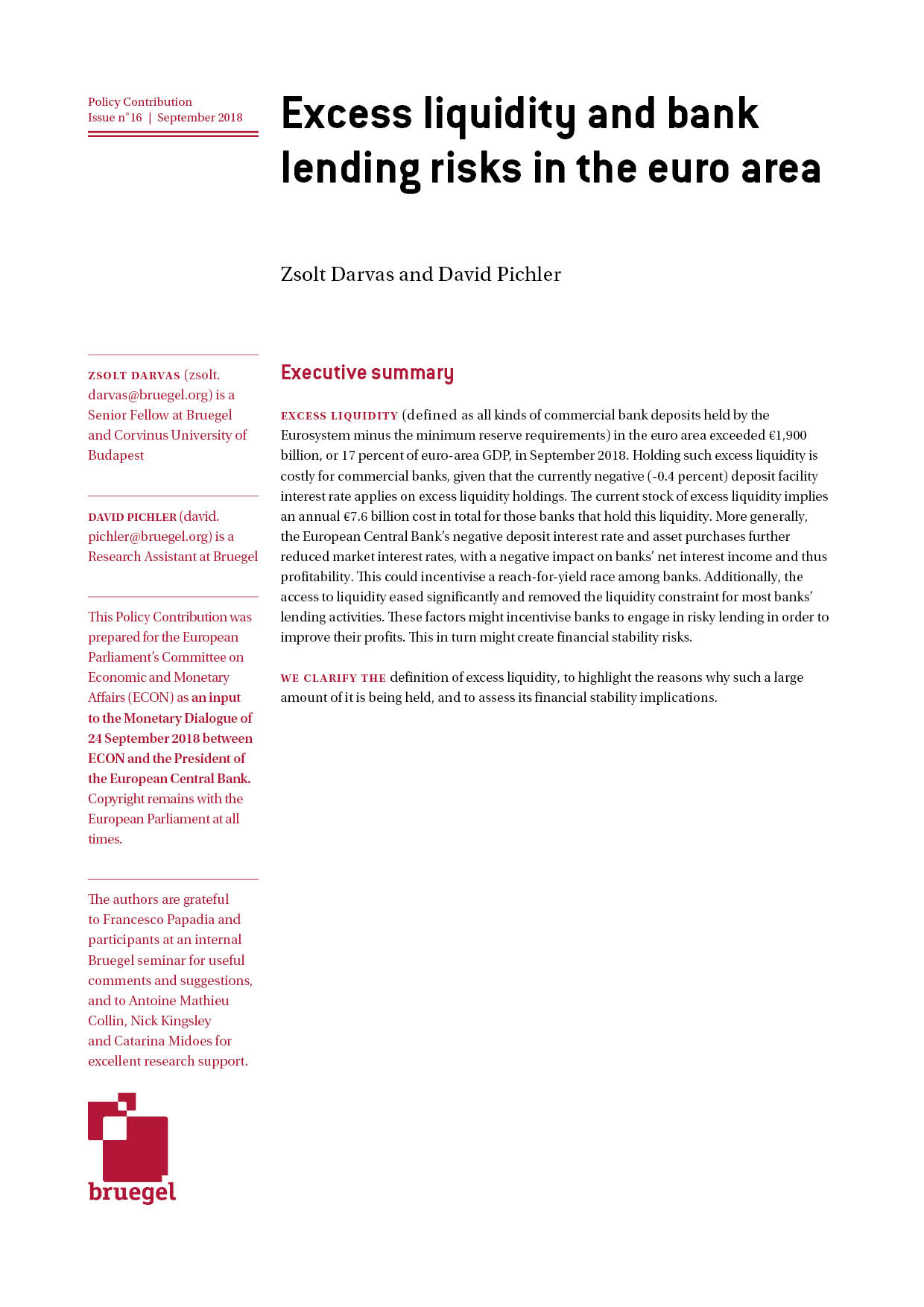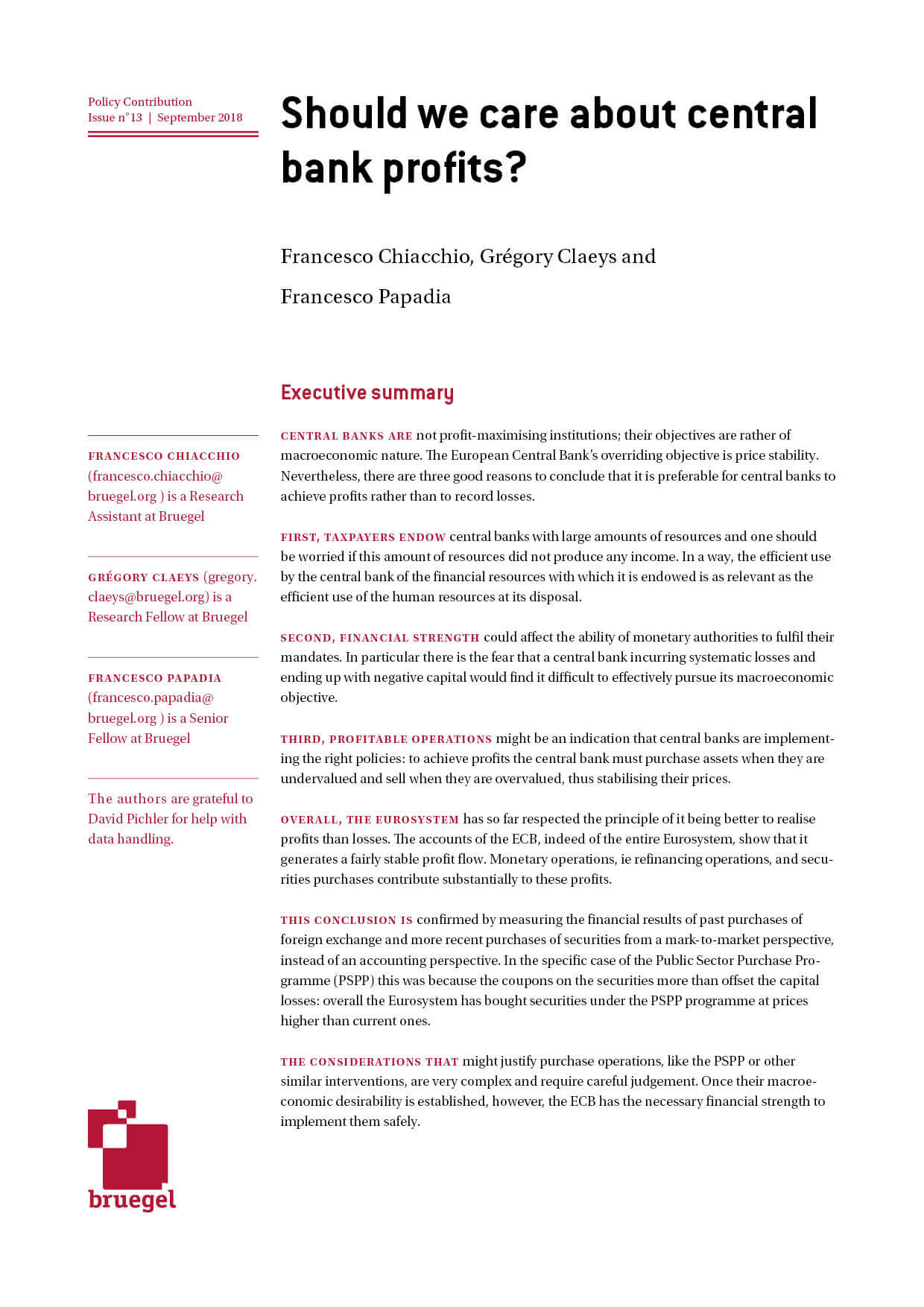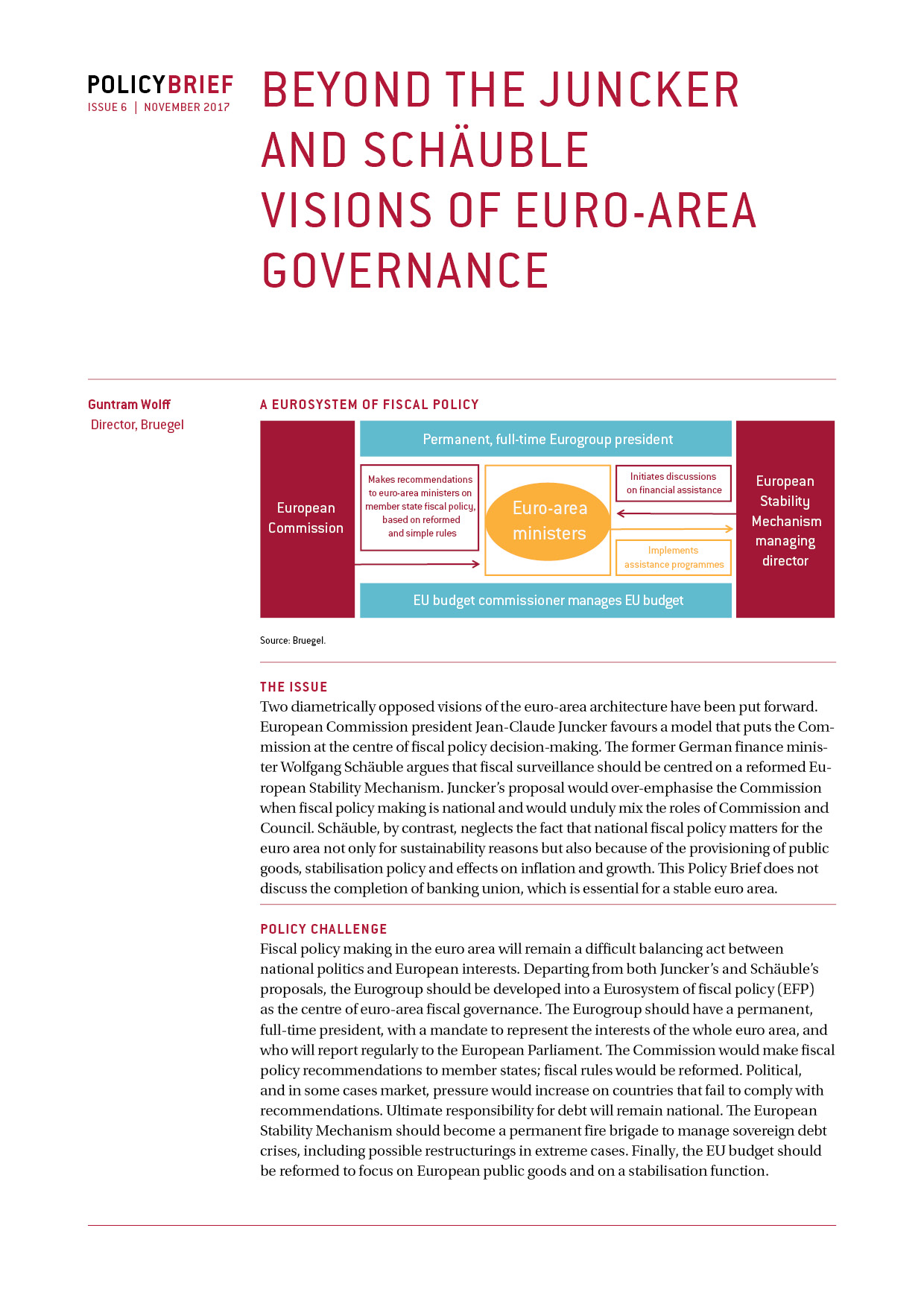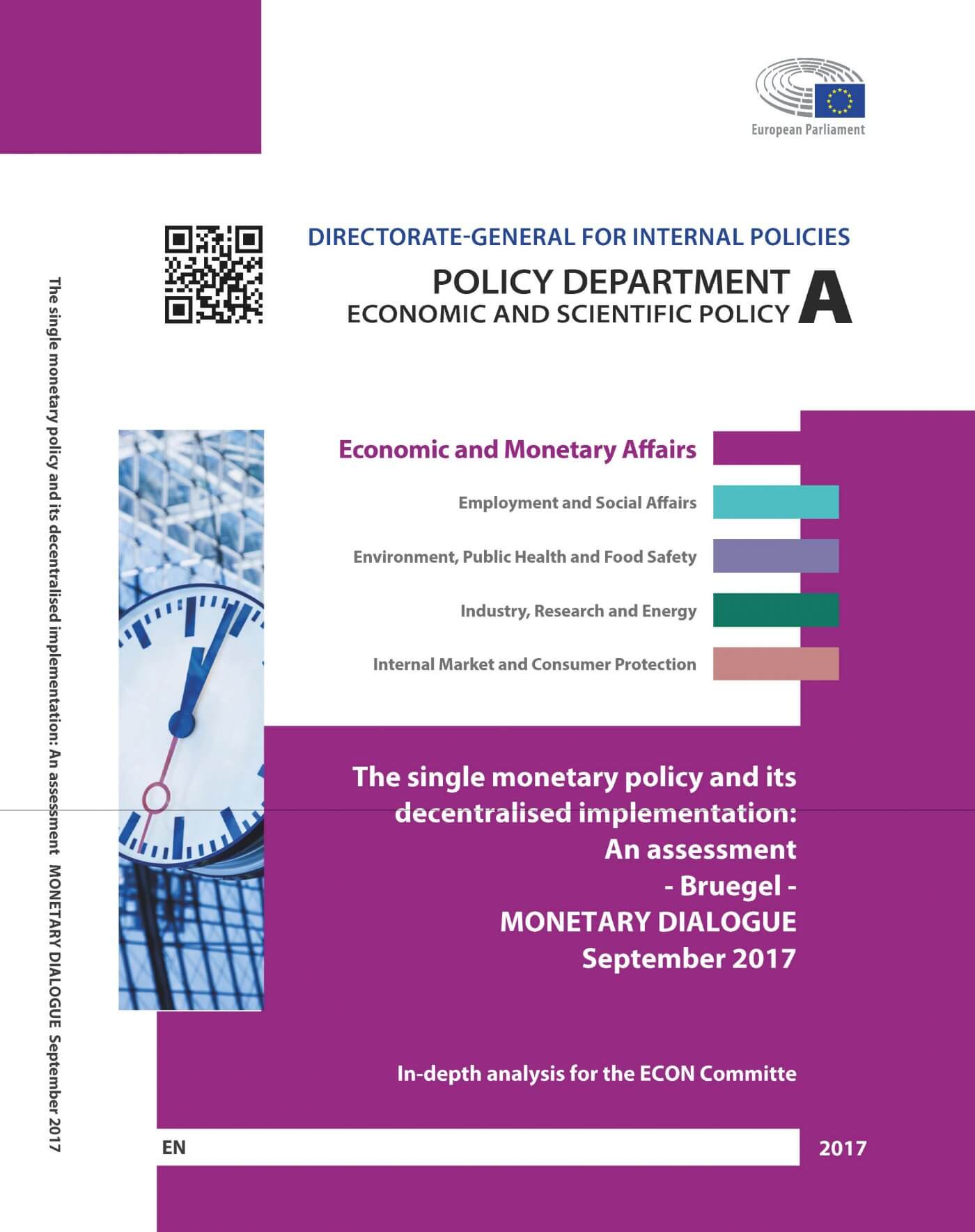Blog Post


The evolution of the ECB governing council's decision-making
Before it is decided who will chair the governing council for the next eight years, the authors look back and examine precisely how decisions have been taken since the ECB was created – by unanimity, by majority, or by consensus.










